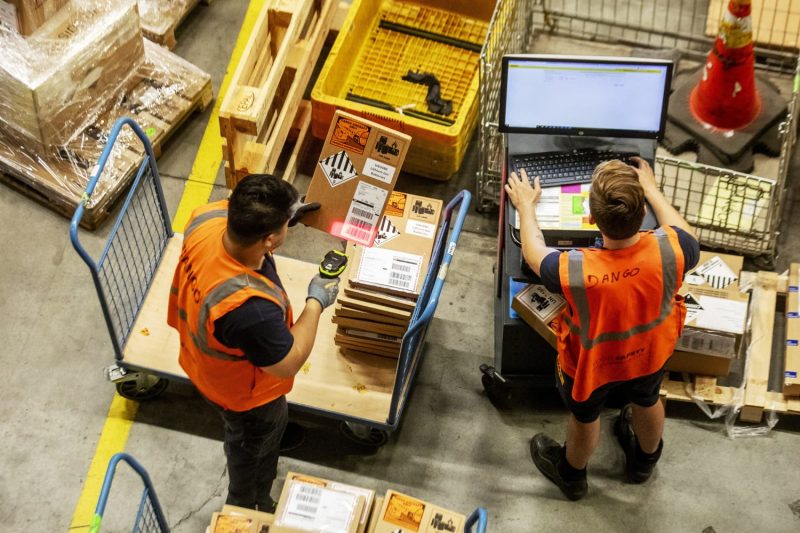Global commerce is a complex and interconnected web that relies heavily on various factors to function smoothly. One of the key elements in this intricate network is the supply chain, which plays a crucial role in ensuring the flow of goods and services across countries and continents. However, this delicate balance can be easily disrupted by a single failure, highlighting the fragility of the global commerce system.
A prime example of this vulnerability is the impact of natural disasters on supply chains. When a major earthquake or hurricane strikes a key manufacturing hub, it can cause widespread disruption to production and transportation networks. This not only leads to delays in delivery but also creates shortages and price hikes for essential goods. The 2011 earthquake and tsunami in Japan, for instance, severely affected the global automotive industry as many car manufacturers relied on Japanese suppliers for crucial components.
Moreover, political tensions and trade disputes between countries can also have a significant impact on global commerce. Tariffs, sanctions, and export restrictions imposed by governments can disrupt the flow of goods and services, leading to higher costs and reduced access to key markets. The ongoing trade war between the United States and China, for example, has disrupted supply chains for many industries and resulted in increased prices for consumers around the world.
Another critical factor that can cause a ripple effect throughout the global commerce network is technological failure. In today’s digital age, many companies rely on advanced systems and software for inventory management, logistics, and communication. A cybersecurity breach or a technical glitch in these systems can bring operations to a standstill, affecting multiple stakeholders along the supply chain. The 2017 cyberattack on Maersk, one of the world’s largest shipping companies, disrupted ports, logistics, and manufacturing facilities worldwide, highlighting the vulnerability of digital infrastructure in global commerce.
In conclusion, the interconnected nature of global commerce means that a single failure in one part of the supply chain can have far-reaching consequences across the entire network. Whether it is due to natural disasters, political disputes, or technological breakdowns, these disruptions underscore the fragility of the global commerce system. Companies must be prepared to adapt and respond quickly to such challenges, investing in robust contingency plans and risk management strategies to mitigate the impact of potential failures on their operations and the wider economy.
